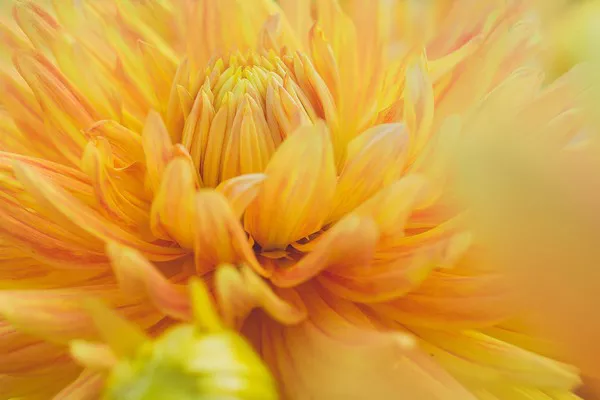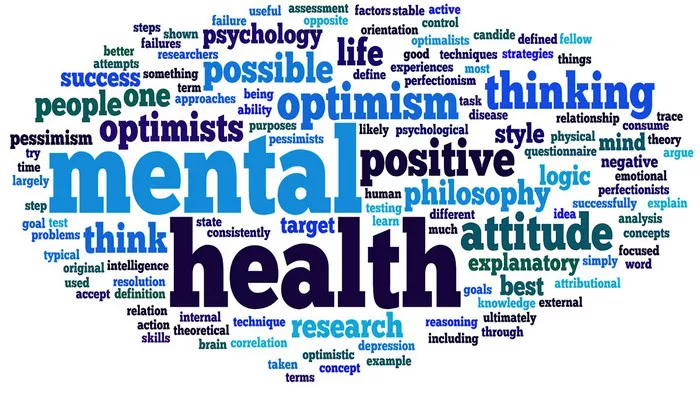Pollen allergy, also known as hay fever or allergic rhinitis, is a common condition that affects millions of people worldwide. It occurs when the immune system overreacts to pollen, causing a range of symptoms such as sneezing, runny nose, itchy eyes, and congestion. While there is no cure for pollen allergy, there are several treatments and lifestyle changes that can help manage symptoms and improve quality of life. In this article, we will explore the causes, symptoms, diagnosis, and treatment of pollen allergy.
What is pollen allergy?
Pollen allergy is a type of allergic reaction that occurs when the immune system overreacts to pollen, a fine powder produced by plants as part of their reproductive process. When pollen is inhaled or comes into contact with the skin or eyes, the immune system produces antibodies that trigger the release of histamine and other chemicals. This causes inflammation and a range of symptoms, including sneezing, runny nose, itchy eyes, and congestion.
Pollen allergy can be caused by a variety of different types of pollen, including tree pollen, grass pollen, and weed pollen. The severity of symptoms can vary depending on the type of pollen, the amount of pollen in the air, and individual sensitivity.
What are the symptoms of pollen allergy?
The symptoms of pollen allergy can vary from person to person, but typically include:
Sneezing
Runny nose
Congestion
Itchy nose
Itchy, watery eyes
Scratchy throat
Postnasal drip
Fatigue
In some cases, pollen allergy can also cause asthma symptoms, such as wheezing, coughing, and shortness of breath.
What are the causes of pollen allergy?
Pollen allergy is caused by an overreaction of the immune system to pollen. When pollen enters the body, the immune system mistakenly identifies it as a harmful invader and produces antibodies to fight it off. This triggers the release of histamine and other chemicals, which cause inflammation and a range of symptoms.
The severity of pollen allergy can be influenced by a variety of factors, including genetics, environmental factors, and overall health. People with a family history of allergies are more likely to develop pollen allergy, as are those who live in areas with high levels of pollen.
How is pollen allergy diagnosed?
Pollen allergy is typically diagnosed through a combination of medical history, physical examination, and allergy testing. During a medical history, the healthcare provider will ask about symptoms, family history of allergies, and exposure to pollen. A physical examination may include a nasal exam to check for inflammation and blockages.
Allergy testing may be used to confirm a diagnosis of pollen allergy. This can be done through skin testing or blood testing. Skin testing involves exposing the skin to small amounts of different allergens, including pollen, and monitoring for a reaction. Blood testing involves taking a blood sample and testing for the presence of specific antibodies to different allergens.
How is pollen allergy treated?
Although there is no cure for pollen allergy, there are several treatments and lifestyle changes that can help manage symptoms and improve quality of life. Treatment options for pollen allergy include:
Medications: Over-the-counter and prescription medications can help relieve symptoms of pollen allergy, including antihistamines, decongestants, and nasal corticosteroids. These medications work by blocking the effects of histamine and reducing inflammation in the nasal passages.
Immunotherapy: Immunotherapy, also known as allergy shots, involves regular injections of small amounts of allergens, including pollen. Over time, this can help desensitize the immune system to the allergen, reducing the severity of symptoms.
Nasal irrigation: Nasal irrigation, also known as a saline rinse, involves flushing out the nasal passages with a saltwater solution. This can help relieve congestion and reduce inflammation in the nasal passages.
Lifestyle changes: Making certain lifestyle changes can also help manage symptoms of pollen allergy. These include avoiding exposure to pollen, keeping windows and doors closed during peak pollen season, using air filters, and wearing a mask when outdoors.
Conclusion
Pollen allergy, also known as hay fever or allergic rhinitis, is a common condition that affects millions of people worldwide. It occurs when the immune system overreacts to pollen, causing a range of symptoms such as sneezing, runny nose, itchy eyes, and congestion. While there is no cure for pollen allergy, there are several treatments and lifestyle changes that can help manage symptoms and improve quality of life. If you are experiencing symptoms of pollen allergy, it is important to speak with your healthcare provider to determine the best course of treatment.
[inline_related_posts title=”You Might Be Interested In” title_align=”left” style=”list” number=”6″ align=”none” ids=”4794,4788,4752″ by=”categories” orderby=”rand” order=”DESC” hide_thumb=”no” thumb_right=”no” views=”no” date=”yes” grid_columns=”2″ post_type=”” tax=””]

































